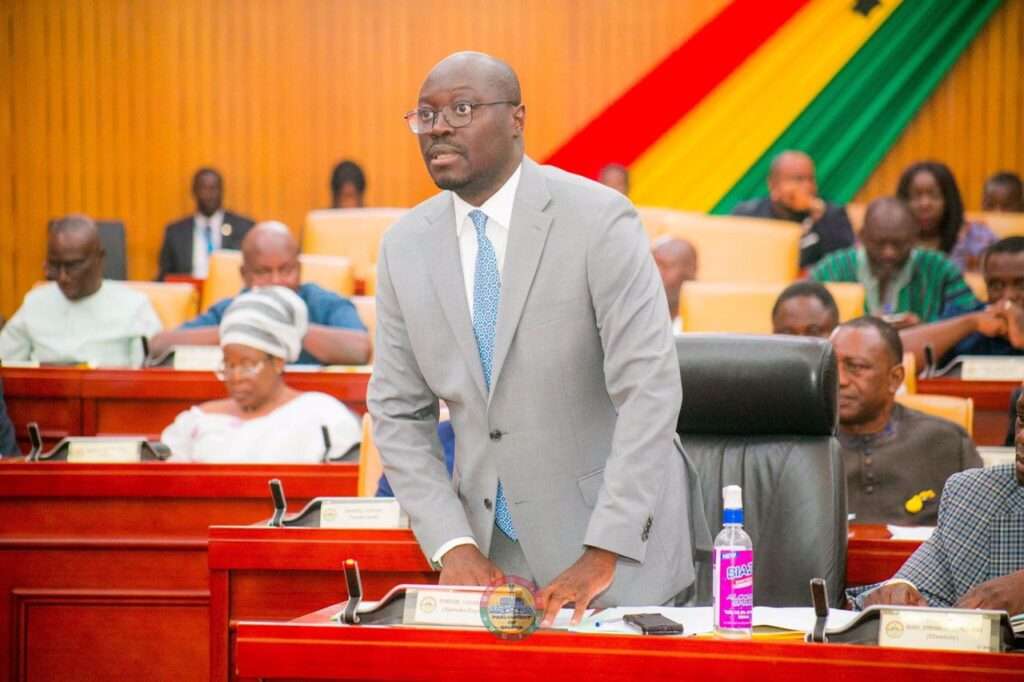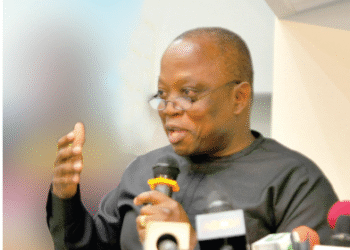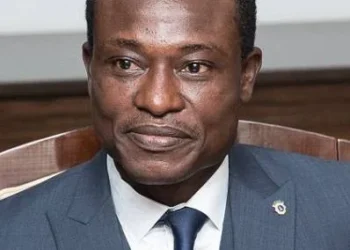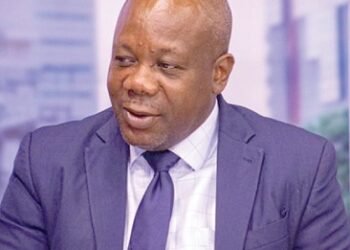In a recent development that has sparked debate within Ghana’s legislative body, the Majority in Parliament has leveled accusations against the Minority, alleging deliberate obstruction of the nation’s economic growth through consistent opposition to tax waivers proposed by the government.
This controversy arises amidst differing views on the impact and necessity of such tax incentives, particularly those associated with the One-District-One-Factory (1D1F) initiative. Addressing reporters, the Majority Leader, Alexander Afenyo-Markin, criticized the Minority’s persistent opposition to the tax waivers, arguing that it hinders business expansion and economic growth.
“The Minority leader, Dr. Ato Forson, is leading that charge on behalf of the minority NDC in Parliament, and their main aim is to obstruct government business. [This is] to deny the people of Ghana the needed economic growth, which will result from businesses investing in the country and expanding their businesses.”
Alexander Afenyo-Markin, Majority Leader
Hon. Alexander Afenyo-Markin highlighted the inconsistency in the Minority’s stance by pointing out that the previous NDC government had granted substantial tax waivers.
According to the Majority Leader, “But we know that in 2016, this country experienced the most outrageous tax giveaway we’ve ever seen in Ghana when the NDC led by President John Mahama handed a tax waiver of $832 million to Meridian Port Services.”
Hon. Alexander Afenyo-Markin accused the Minority of hypocrisy, referencing the NDC’s history of significant tax waivers during their tenure.
Minority’s Stance and Claims

Contrary to the Majority’s claims, the Minority Leader, Dr. Cassiel Ato Forson, has defended the Minority’s position, arguing that their challenges to the government’s tax waiver proposals for 42 companies under the 1D1F initiative have resulted in significant savings for the country.
According to Dr. Forson, the Minority’s scrutiny led to a reduction in the total tax exemptions from $459 million to $335 million, claiming this adjustment represents a saving of $150 million for Ghana.
“We’re not against tax exemptions in principle, but with this particular tax exemption for the 1D1F project, we have issues. For 2021, we felt that there was a need to review that policy because we have seen some abuses.”
“And it’s only right at a point in time for a government or Parliament to review its position on certain things if you get additional information. From 2021, we took a strong view against some of the tax waivers approved under 1D1F.”
Dr. Cassiel Ato Forson, Minority Leader
Dr. Forson further emphasized that the Minority’s objections were based on concerns about the assessments of the companies seeking exemptions, suggesting that a thorough review process was necessary to ensure that public funds were being allocated responsibly.
Economic and Political Repercussions
The ongoing debate reflects broader economic and political tensions within Ghana. The Majority views the tax waivers as necessary incentives for growth, while the Minority sees them as potential loopholes for fiscal irresponsibility. This clash is not just about economic policy but also about political positioning, with both sides aiming to demonstrate their commitment to Ghana’s development in different ways.
The accusation from the Majority that the Minority is deliberately stalling economic progress adds a layer of complexity to the issue. If businesses are indeed hesitant to invest due to the uncertainty surrounding tax waivers, this could have a chilling effect on economic activity. On the other hand, stringent oversight of tax incentives could ensure that public resources are utilized more effectively.
The debate over tax waivers in Ghana’s Parliament underscores a fundamental dilemma in economic policy: balancing the need to attract investment with the imperative of safeguarding public finances. As both the Majority and the Minority continue to spar over this issue, the outcome will likely have far-reaching implications for Ghana’s economic trajectory. For now, the country watches closely as its lawmakers navigate these turbulent waters, hoping for a resolution that ultimately benefits the nation as a whole.
READ ALSO: Lil Win Postpones Sunyani Premiere Out of Respect for Deceased























